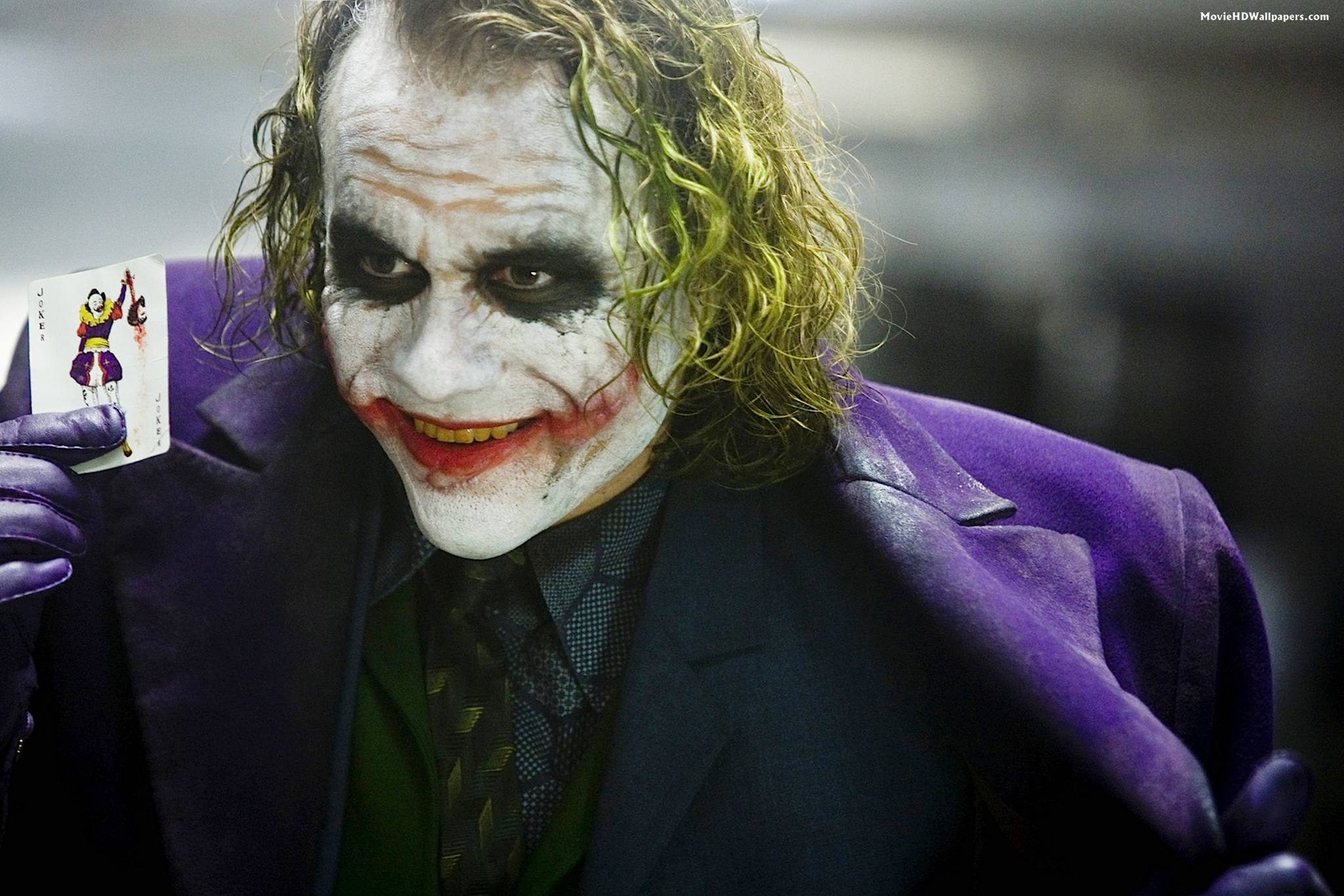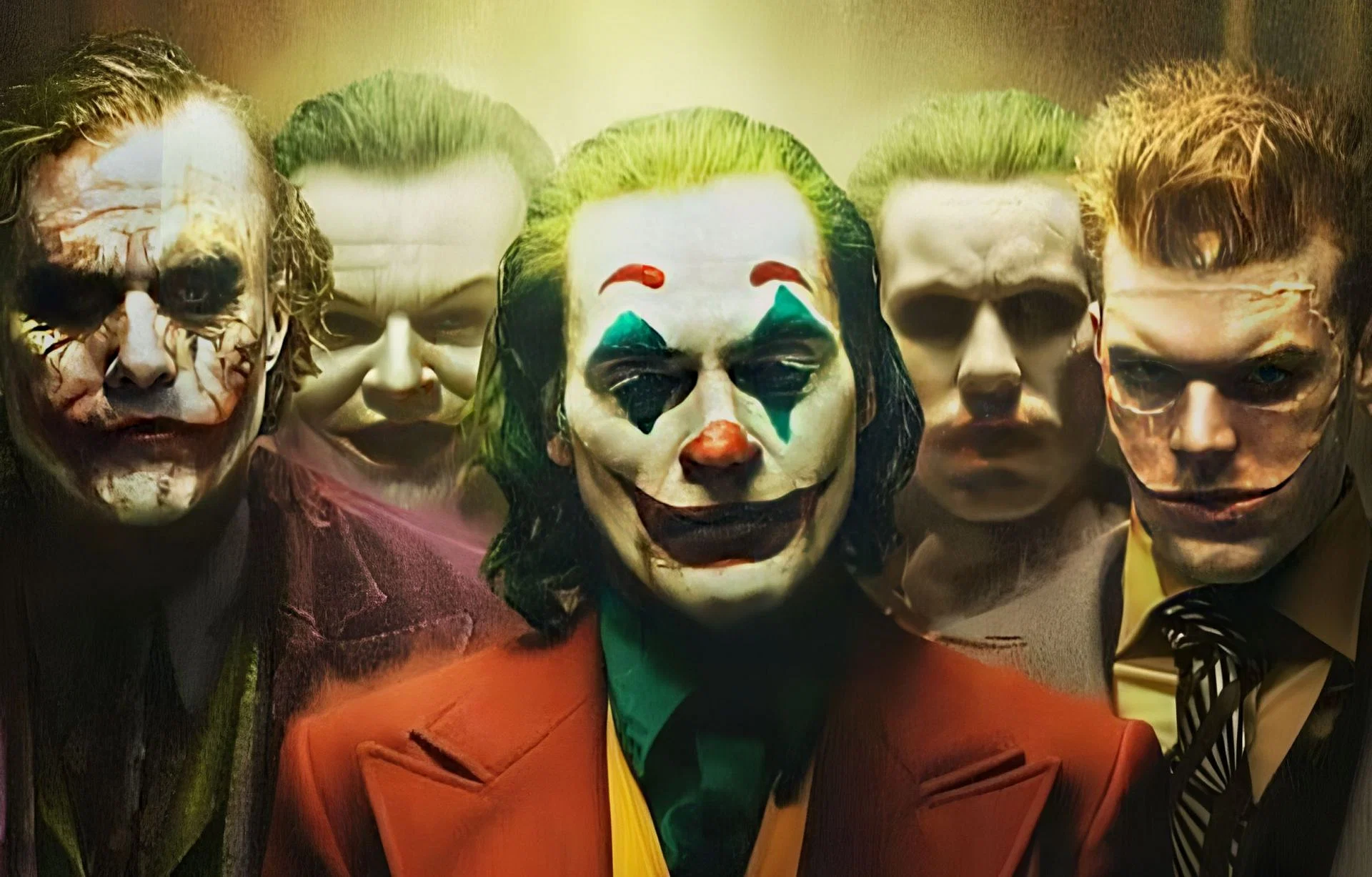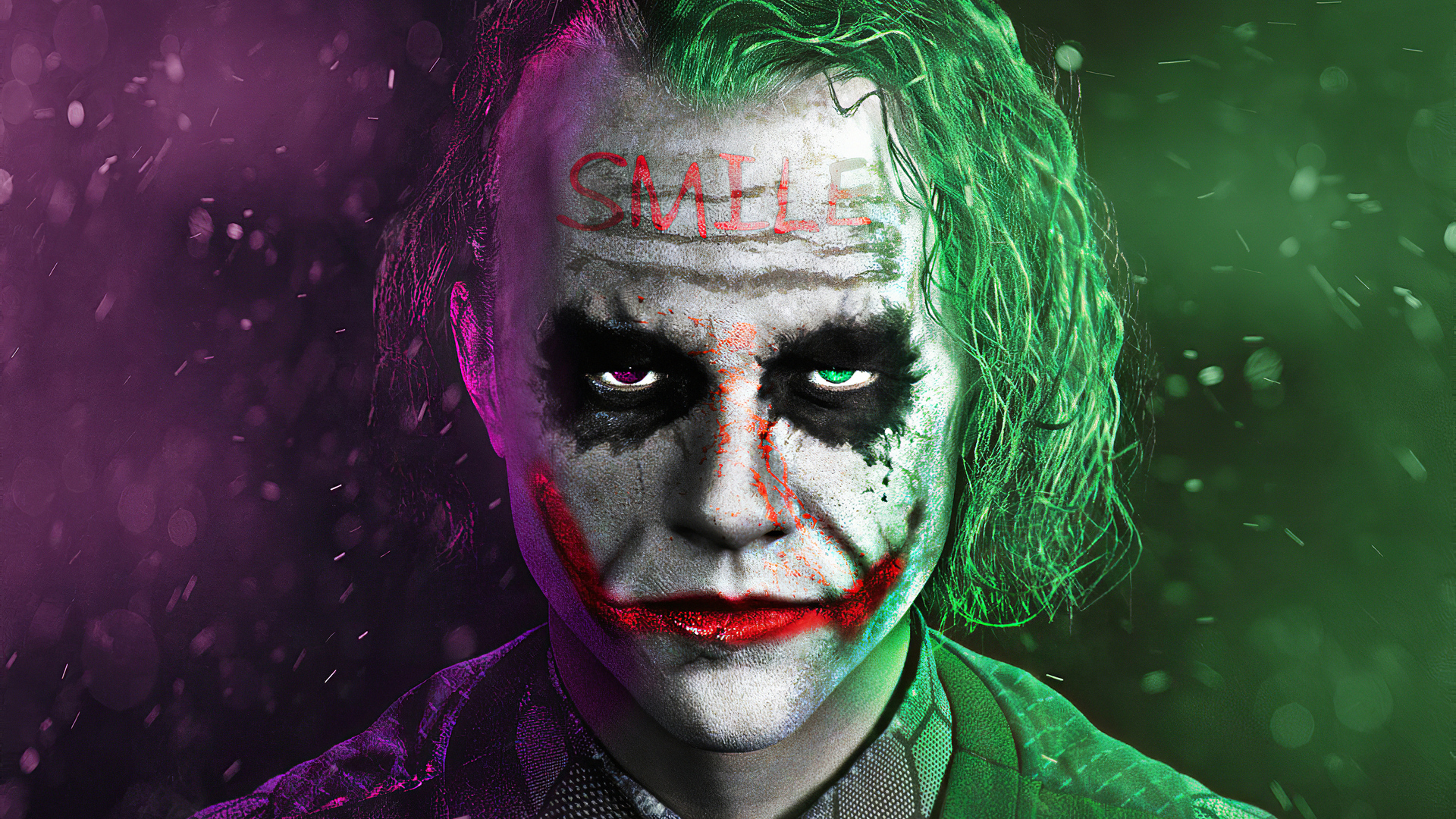The truth hidden inside the chaos and cruelty of Joker.
The truth hidden inside the chaos and cruelty of Joker is a complex narrative that transcends mere villainy. It speaks to the heart of societal dysfunction, exploring how trauma, disillusionment, and an innate desire for recognition can twist a person into a figure of madness. The Joker, often perceived as a harbinger of chaos, embodies a chaotic philosophy that critiques the very nature of society itself. Hidden beneath the wild laughter and anarchic actions lies a painful yearning for connection, purpose, and understanding. This exploration aims to unveil the deeper layers of the Joker’s character, revealing the unsettling truths that resonate with our own human experiences.

The Seeds of Chaos: A World that Breeds Madness
The Joker’s origin story is one steeped in tragedy, where personal misfortune intersects with societal indifference. This tragic backdrop serves as fertile ground for the emergence of chaos, illustrating how a world devoid of compassion can sculpt individuals into embodiments of madness.
>>> Buy now: NEW Joker Killing Ha Ha Ha Hawaiian Shirt
Exploring Origin Stories
In various adaptations, the Joker’s past narratives depict him as a man who has faced relentless rejection and failure. From his struggles as a failed comedian to his tumultuous interactions with figures of authority, each story highlights a critical turning point where hope fades into despair. In Batman: The Killing Joke, the Joker’s backstory reveals a deeply flawed individual whose dreams were snuffed out by an uncaring world. The painful experiences he endures play a pivotal role in shaping his worldview.
Moreover, these origins are not merely fictional constructs; they reflect real societal issues like mental health neglect and economic marginalization. By presenting characters like the Joker, creators urge audiences to confront uncomfortable realities about societal failures and personal tragedies. The narrative thus becomes a catalyst for discussion around empathy and the consequences of alienation.
A Society That Fails to Recognize
The Joker’s transformation into a harbinger of chaos is inextricably linked to a society that overlooks its most vulnerable members. He becomes a symbol of the pain experienced by those who feel invisible or rejected. His violent antics serve a dual purpose—entertaining audiences while simultaneously challenging them to engage in the dialogue surrounding their collective culpability in fostering such anguish.
This theme resonates deeply within contemporary society, where many face similar feelings of isolation. The Joker’s chaotic existence mirrors the emotional turmoil of countless individuals battling their own demons of despair and hopelessness. Thus, the question arises: how do we, as a society, contribute to this cycle of chaos?
Escaping the Norms of Society
At the core of the Joker’s identity lies a rejection of societal norms. As a character, he resists categorization, refusing to be confined within the boundaries of morality established by society. This defiance is rooted in his belief that traditional systems of order are inherently flawed. By embodying chaos, he seeks to expose the weaknesses in a society that prides itself on its structures and rules.
This rebellion against societal norms does not occur in isolation. It reflects a broader critique of how society often ostracizes those who deviate from the accepted path. The Joker’s grotesque transformation serves as a cautionary tale—a reminder that when individuals are forced to the fringes, their responses can lead to catastrophic outcomes.

The Clown Prince of Anarchy: Unmasking the Desires for Connection and Recognition
While the Joker is primarily viewed through the lens of chaos and destruction, it is essential to explore the underlying desires that drive his actions. Beneath the mask of insanity lies an intense longing for recognition and connection, illuminating the human condition in a world that often feels indifferent.
The Cry for Help
The Joker’s antics can be interpreted as a twisted cry for help. Through his violent outbursts and chaotic behavior, he communicates a deep-seated need to be seen and acknowledged. This desperate yearning manifests in his elaborate schemes and unpredictable encounters. Each act of violence becomes a grotesque performance aimed at forcing society to confront his existence.
This dimension of the Joker’s character invites a closer examination of how we recognize and respond to cries for help in our own lives. Are we attentive enough to those voicing their struggles, or do we dismiss them as mere acts of madness? By reflecting on the Joker’s motivations, we are challenged to cultivate a sense of empathy towards others who may be battling their own inner demons.
Distorted Relationships
Central to the Joker’s narrative is his complex relationship with Batman, which exemplifies the dichotomy between chaos and order. Their dynamic can be viewed as an exploration of the need for validation. The Joker seeks to engage Batman, not solely as a nemesis but as a counterpart that acknowledges his existence. This relationship underscores the notion that even in madness, there lies the fundamental human desire for connection.
Interestingly, this quest for recognition extends beyond Batman. The Joker’s interactions with various characters serve as reflections of his insatiable need for acknowledgment. Whether through manipulation, violence, or charisma, he strives to form connections, albeit distorted ones. These interactions suggest that even in the depths of insanity, the human desire for engagement remains intrinsic.

Challenging the Status Quo
By embodying chaos, the Joker forces society to confront uncomfortable truths. His actions compel individuals to question established norms, exposing the fragility of social constructs. While his methods are undeniably destructive, there exists a layer of commentary that challenges complacency.
The Joker disrupts the status quo not just for the sake of chaos but to shed light on the hypocrisy of societal values. He reveals the absurdity of rigid moral codes in a world where suffering exists. In doing so, he invites us to examine our own beliefs and consider how they align with the complexities of the human experience.
A Mirror to Ourselves: Confronting the Darker Aspects of Humanity
The Joker’s persistent allure stems from his ability to reflect aspects of ourselves that we often prefer to ignore. He asks us to confront our capacity for darkness, placing a spotlight on the inherent contradictions of human nature.
The Duality of Human Nature
One of the most chilling aspects of the Joker’s character is his embodiment of the duality of human nature. Within each of us lies the potential for cruelty, anger, and vengeance. By forcing us to grapple with these unsettling traits, the Joker acts as a mirror, reflecting our own vulnerabilities.
This confrontation is both necessary and uncomfortable. The Joker challenges us to examine how societal pressures can distort our perceptions of self and morality. In a world rife with injustice, it is easy to fall into a nihilistic mindset, questioning the value of our actions. The Joker’s existence serves as a warning—a reminder that succumbing to darkness can have devastating consequences.
Chaos as a Catalyst for Reflection
The chaotic nature of the Joker creates an environment ripe for introspection. Audiences are drawn to his antics not only for entertainment but also for the philosophical questions they evoke. By examining the Joker’s motivations and the implications of his actions, we are encouraged to reflect on our own moral compass.
Through this reflection, we confront uncomfortable truths about our society—the disparities in power, the hypocrisy of authority, and the fragility of justice. The Joker’s presence serves as a challenge to remain aware of these issues and to consider our roles within them. In doing so, we are pushed to acknowledge the darker aspects of humanity, prompting necessary conversations about empathy and moral responsibility.
The Fragility of Order
The Joker’s chaotic nature undermines the facade of societal order, revealing its inherent fragility. His actions strip away the illusion of control that civilization pretends to maintain. This exposure compels us to reconsider our place within this framework and the systems we uphold. Are we participants in a flawed structure, or do we actively seek to dismantle it?
By peeling back the layers of chaos, the Joker exposes the cracks in our societal foundations. His existence challenges us to question the legitimacy of authority, the ethics of our actions, and our complicity in maintaining unjust systems. Ultimately, he becomes a catalyst for change—a reminder that true justice requires vigilance and introspection.
The Joker and the Psychology of Evil
The Joker serves as a compelling case study for psychologists and philosophers alike, raising intricate questions about the nature of evil. His character defies simple categorizations, urging us to delve deeper into the psychological complexities that underpin his actions.
Rejection of Morality
At the heart of the Joker’s persona is a profound rejection of any predefined ethical framework. He operates outside conventional notions of good and evil, embodying amorality in its purest form. This departure from established morality raises essential questions about the nature of evil itself. What drives individuals to commit heinous acts? Is it an inherent trait, a response to trauma, or a product of societal failure?
The Joker’s perspective forces us to confront our assumptions regarding morality. He reveals the subjective nature of good and evil, prompting us to consider the influences that shape our actions. This exploration may lead us to reflect on our own ethical boundaries and the circumstances that might push us towards darkness
Emotional Turmoil Behind the Mask
Despite his grotesque demeanor, the Joker is not merely a cold-blooded psychopath. Instead, his actions often reveal deeper emotional turmoil. He embodies the complexities of pain and disillusionment, suggesting that even the most chaotic figures are shaped by their experiences. His journey illustrates a tragic descent into madness fueled by unacknowledged suffering.
This complexity allows for a more nuanced understanding of the human psyche. The Joker becomes a vessel through which we can explore the intersection of trauma, isolation, and the search for meaning. By acknowledging the emotional depths of characters like the Joker, we are reminded of the fragility of mental health and the importance of addressing societal issues that contribute to such turmoil.
The Joker as a Catalyst for Change
Ironically, the Joker’s chaotic actions can serve as a catalyst for change, particularly in the context of Batman’s moral journey. As Batman faces off against the Joker, he is compelled to reevaluate his own ideals and methods. The Joker challenges him to confront the limitations of his pursuit of justice, ultimately forcing a reckoning with the consequences of his actions.
This dynamic extends beyond the realm of fiction; it reflects the broader societal necessity for self-examination. The Joker’s disruptions prompt individuals and communities to confront their moral failings and question the effectiveness of their responses to injustice. In this way, the Joker becomes a paradoxical agent of transformation, illustrating how chaos can inspire introspection and growth.
Beyond the Comic Book Page: The Joker’s Reflection of Societal Ills
The Joker’s relevance extends far beyond comic books and films; he serves as a powerful metaphor for the deeper societal issues plaguing contemporary culture. His chaotic existence encapsulates fears, anxieties, and the harsh realities of the human experience.
The Fear of Anarchy and Uncertainty
In an increasingly interconnected world, the Joker represents a pervasive fear of losing control. His chaotic nature embodies the anxiety surrounding an unpredictable future, mirroring societal concerns over political instability, economic turmoil, and existential dread. The Joker becomes a personification of the potential for chaos that lurks beneath the surface of everyday life.
This fear resonates with audiences, as the Joker’s antics provoke questions about the fragility of social order. His existence forces us to confront the reality that stability can be shattered at any moment. By acknowledging this uncertainty, we can better prepare ourselves for the challenges ahead and work towards creating a more resilient society.
The Erosion of Trust and Authority
The Joker’s ability to manipulate and exploit the vulnerabilities of others highlights the erosion of trust in institutions and authority figures. His existence calls into question the legitimacy of power structures, suggesting that those in positions of authority are often as corrupt and flawed as the very beings they seek to control.
This theme resonates strongly within contemporary discourse, where public trust in institutions is waning. The Joker serves as a stark reminder that when authority fails to uphold justice and accountability, chaos can follow. His chaotic actions underscore the importance of transparency, integrity, and the need for societal systems that truly prioritize the well-being of all.
The Peril of Social Isolation and Alienation
The Joker’s tragic origins illuminate the isolating effects of social marginalization and alienation. His descent into madness serves as a poignant reminder of the importance of empathy and understanding in a world that often overlooks the struggles of individuals. By shedding light on the Joker’s experiences, we are prompted to reflect on our own roles in combating social isolation.
This reflection encourages us to foster connections, promote mental health awareness, and strive for a more inclusive society. The Joker’s story serves as a call to action, urging us to dismantle the barriers that perpetuate isolation and enable individuals to reclaim their sense of belonging.
The truth hidden inside the chaos and cruelty of Joker lies in the layers of complexity that define his character. Far from being a one-dimensional villain, the Joker embodies the darker aspects of human nature, inviting us to confront uncomfortable truths about ourselves and society. His tragic origins highlight the consequences of alienation and societal neglect, while his chaotic actions serve as a reflection of the fragility of order.
By exploring the depths of the Joker’s character, we are compelled to ask difficult questions about morality, the nature of evil, and our responsibility toward one another. In recognizing the common threads of pain, longing, and desperation that bind us all, we come to understand that the Joker’s story is ultimately a cautionary tale—a reminder of the importance of empathy, connection, and striving for a more just and compassionate society.
>>> Read more: What happens next for Joker after Endgame Explore the future of Gotham’s Clown Prince
In unraveling the enigma of the Joker, we uncover not just a character driven by chaos and cruelty but a profound commentary on the human condition itself. The darkness we see in him serves as a reflection of the darkness that resides within us all, encouraging us to look deeper and seek understanding in a world that often feels indifferent.

